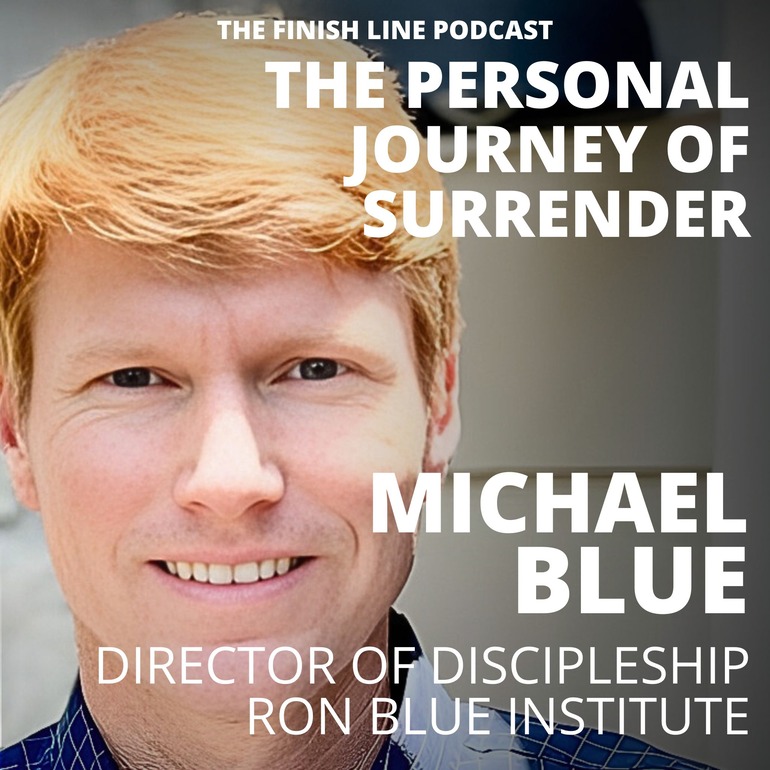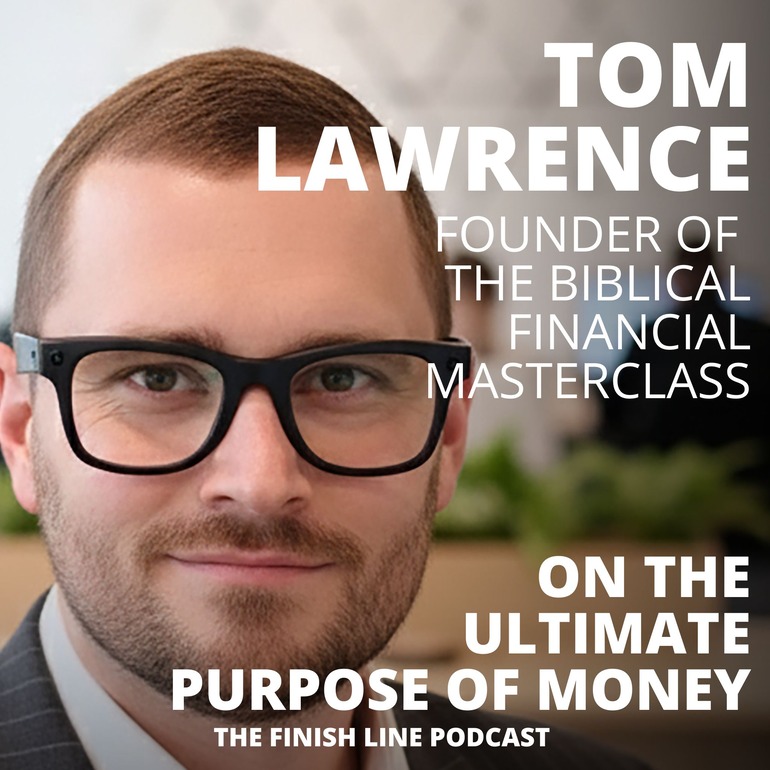Earlier, we tackled the question of addressing debt with a financial finish line. The main concept involves committing to a finish line up front and using everything over that percentile to rapidly pay down debt. Once the debt is paid, you can easily transition to giving while maintaining the same percentile standard of living. While there are some caveats, that framework helps give us a place to start.
But that brings up the question of mortgages.
Good Debt?
It is important to note that not all debt is created equal. Mortgages are classically described as “good debt.” What does that mean exactly? Well, relative to other forms of debt, mortgages tend to have a much lower interest rate. All of the interest paid is also tax deductible, allowing you to reduce the total amount owed on your income taxes.
That doesn’t mean it’s not debt. A mortgage is still a loan. And you will pay significantly more back to the bank than the bank gave you initially. But compared to many of the other types of debt, mortgages have a number of advantages.
Should You Pay Off Your Mortgage?
I would caution you from using the “percentile living as a means to eliminate debt” as an excuse to put off any giving until your mortgage is paid off. Mortgages are long term contracts, generally on the order of 30 years or so. If your goal is to pay off your mortgage before you consider giving, than you are missing out on years of potential giving while you chomp away at your mortgage.
Not only that, but if you had not gotten a mortgage, you would be paying rent anyway. There is already built-in space in your monthly budget to cover housing expenses, whether thats rent or a mortgage. When you look at the 50th percentile or 60th percentile of people, those people are all paying rent or mortgages too. It’s all included in the expected expenses for a lifestyle at that percentile.
An Exception, Maybe?
There may be one exception. If you are not far from paying off your mortgage, then accelerating your payments may allow you to move to a percentile that’s drastically lower than the one you’ve currently chosen. For example, let’s say you have committed your family of 2 to the 50th percentile at $56,400 per year ($3,888 monthly budget) with a $1,200 mortgage payment each month. By using some or all of the surplus towards your mortgage, maybe you could pay off the remaining balance on your mortgage by the end of the year.
Once your mortgage is paid off, that $1,200 per month falls off your expenses. To continue at your current lifestyle, you now need $2,688 ($3,888 – $1,200) per month. That corresponds to the 34th percentile. And your giving can increase accordingly. More importantly, that $1,200 per month that you are now able to give is free from the 4%, 5%, or 6% interest that you had been paying on your mortgage.
However, if you have no plan to lower your percentile after paying off your mortgage, then paying it off from “God’s portion” is simply leveraging money designated for God’s work to increase your future spending ability. By eliminating mortgage payments from your monthly budget, you would have more personal spending capacity. However, doing so required taking away from other purposes God may have had for His wealth.
Debt or Downsize?
When we look behind the various incentives behind mortgages, another interesting finding comes to light. For many forms of debt like credit card payments and student loans, the purchases are permanent. There is no going back. If you have $50,000 in student loans, you can’t tell your lender that you changed your mind and would like to cash in your education.
However, mortgages are a little different. Mortgages are tied to your house, one of your most expensive assets. If you were to sell your house today, your mortgage lender would collect any remaining payments due from the purchase price of the house. Anything left would be returned to you. That’s why some people talk about their house as if the bank owns a big chunk of it.
As we discussed in our post on the subject, debt can be one of the most intimidating barriers to getting started living at a percentile. While mortgages don’t always fall in that category, for some people it may. When you look at your budget and expenses, is your mortgage significantly holding you back? Maybe rather than channel all your energy towards paying down your mortgage, it’s time to downsize.
Of course, every family’s circumstances are going to be different. For the family of 4 living in a small 2 bedroom apartment in New York City, downsizing may not be an option. The cost of living is just very high in New York and that is going to have an impact on your budget. But for many of us, maybe we live in a house that’s larger than we need. From the 1970s to the 2010s, the average square feet per person in new homes nearly doubled. Our expectations for a reasonably sized house have grown at dramatic rates.
I’m not telling you that you need to sell your house – I don’t know anything about you or your situation! But for some (or even many), that may be an important idea to factor in as you process through what percentile living might mean for you.
The Big Picture
When it comes down to it, should you forgo most giving in order to pay down your mortgage quickly? Probably not. If your mortgage is that significant of a barrier, perhaps downsizing or other adjustments should be made instead. Are there reasons to pay down your mortgage quickly? Sure, but make sure to consider how they affect your overall goals and convictions.
Both Cody and I currently have mortgages that we pay from within our percentile budgets. And we have thought carefully about the implications of each of our decisions and the way we set up our systems.
Remember, any decisions you make are between you and God. We have no motivation other than wanting you to experience God to the fullest and to be free from the deeply rooted temptations that come with wealth. Your mortgage (or future mortgage) is probably one of the biggest financial decisions you’ve made. And it deserves the thoughtful prayer and consideration than any other major decision would.
Have other questions about mortgages or want to share your experience? Let us know in the comments below!








0 Comments